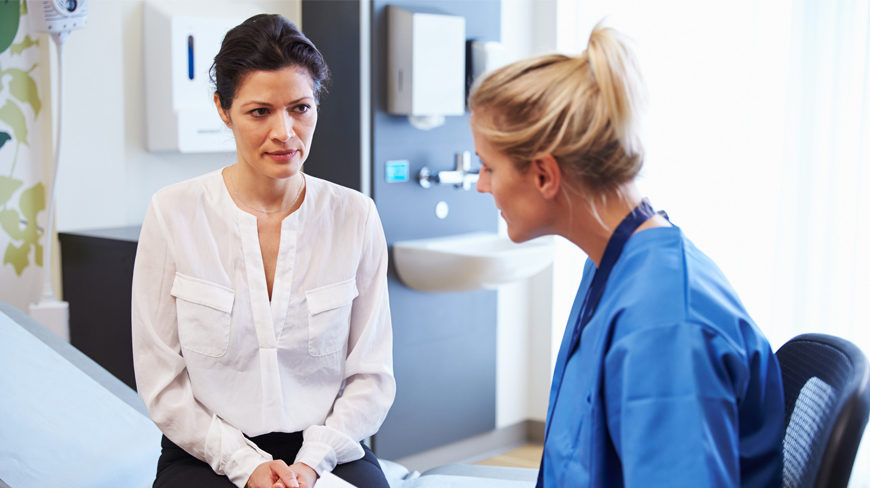6 Mistakes That Lead to Colon Cancer
(Leer en español)
Colon cancer is one of the leading causes of cancer-related deaths in the United States. Your risk of colon cancer increases as you age and it’s more common in people over 45. However, colon cancer is preventable and treatable if caught early. Avoiding these 6 mistakes can help you prevent colon cancer.
1. Not getting regular colonoscopies if you are over 45
The single most effective way to reduce your risk of colon cancer is to get regular colonoscopies starting at the age of 45. During a colonoscopy, your gastroenterologist can closely inspect your colon for polyps with a camera. Polyps are small growths that may turn into cancer later. If they find a polyp, they can remove it during your colonoscopy.
Currently, the American Cancer Society and U.S. Preventive Services Task Force recommend getting colonoscopies starting at age 45. Some insurance providers, like Aetna, cover the expense of screening colonoscopies at age 45. You may need to work with your insurance company to ensure they provide coverage if you are between 45 and 50.
Request Appointment
2. Not getting regular colonoscopies if you are at higher risk
People who are at higher risk of developing colon cancer should get regular colonoscopies. Your gastroenterologist may recommend you start them younger than 45 or get them more frequently.
You are at higher risk of colon cancer if you:
- Have a history of colon polyps or colon cancer
- Have a family history of colorectal cancer
- Have a history of inflammatory bowel disease
- Have type 2 diabetes
- Are black
- Are of Ashkenazi Jewish descent
3. Not being physically active
Getting enough physical activity is a great way to reduce your risk of many cancers including colorectal cancer. The CDC recommends adults get 150 minutes per week of moderate-intensity activity. That equates to a 30-minute brisk walk five times a week.
Adding in strength exercises twice a week gets you to the recommended goal. Strength exercises could be strenuous gardening (like digging and shoveling) or some types of yoga. It doesn’t have to be a full gym session to count. This makes it easier to add more physical activity to your routine.
4. Eating too much red meat and processed meat
Eating red meat and processed meats too often can increase your risk of colon cancer. Red meat includes beef, veal, pork, lamb, and goat. Processed meats include items like hot dogs, deli meat, sausages, and bacon. People who eat lots of these types of foods may also be getting fewer vegetables and greens.
Focusing on adding more greens, vegetables, fruits, and fish is a simple way to decrease the amount of red and processed meats in your diet. Aim for fewer than 3 servings of these meats per week. Keep in mind: one serving is 3 ounces, or about the size of a deck of cards.
5. Smoking
Most people know that smoking causes lung cancer. Smoking also increases your risk of getting colorectal cancer. Smokers are also more likely to die from colorectal cancer if they do get it.
There are many resources to stop smoking. It might not be easy, but if you smoke, quitting may be the best thing you ever do for your health.
6. Being overweight or obese
Overweight and obesity are risk factors for colon cancer. The link is stronger in men than in women. Maintaining a healthy weight is important for preventing many problems. A healthy weight is frequently defined as a BMI of 18.5 to <25. (Calculate your BMI here)
Losing weight can certainly be a challenge. Getting more exercise, eating lots of vegetables and fruit, and limiting high-fat and high-sugar foods are ways to start losing weight.
Making these mistakes could mean the difference between living a healthy life and getting colon cancer. It is estimated that up to 20% of adults over 45 already have a colon polyp that needs to be removed. On top of that, there are too many people who haven’t gotten the colonoscopy they need to prevent colon cancer. Don’t wait any longer to schedule yours – make an appointment today!
Request Appointment
Related:


